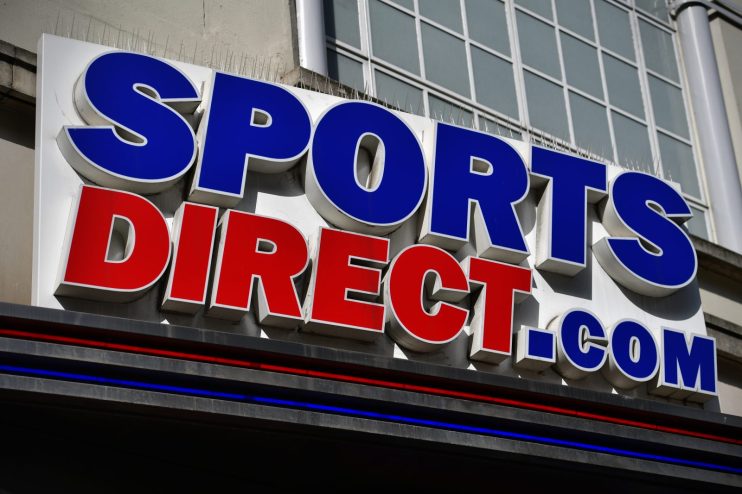Mike Ashley’s firm should pay its debts to pensioners and taxpayers before it tries to buy Debenhams

We are living in extraordinary times. At all levels of society people are being asked to make sacrifices — and this includes businesses.
This week, news broke that Mike Ashley’s Frasers Group is making a last-minute bid to purchase Debenhams. His company — of Sports Direct fame — has been thriving throughout the crisis, and he is therefore able to to seek new investments.
But for all that Ashley views himself as a wealth creator, is he helping the economy at large?
What people may not know is that Frasers Group is currently refusing to pay the rent it owes for its multiple stores. I should know — I am the chief executive of First Property Group, and our pension fund is effectively the landlord of some of Ashley’s substantial commercial real estate. Frasers Group, a company worth £2.5bn, is withholding hundreds of thousands of pounds in rent to us, on the grounds that it has not been able to “freely trade as a business” during the pandemic
I remarked on this iniquity last week. In targeting new investments, Frasers Group is effectively seeking to use taxpayers’ money (in the form of the business rate relief it has enjoyed) and cash belonging to elderly pensioners (in the form of the withheld rent) for the advancement of its own commercial interests.
My comments attracted some coverage. So let me expand.
The immediate effect of the various lockdowns of the past year has been the abrupt unprecedented curtailment of consumptive demand, causing strain at all points in any supply chain dependent on it. Very few supply chains have been immune to the strain, even if they have not been directly forced to cease trading at any point.
For these chains and the wider economy to weather this hit, businesses with strong balance sheets that can afford to fulfil their obligations within the chain should do so. The alternative is a domino effect down the chain, creating unnecessary bad debts, unnecessary business failures and unnecessary unemployment — exacerbating the downturn for us all.
The businesses which are doing well should also be called upon to turn down or repay government-backed loans, the furlough scheme and other state support, so that this assistance can be targeted where it is most needed.
Some businesses — such as supermarket giants Tesco, Sainsbury and Morrisons — have traded well through the crisis and arguably profited from it. Recognising their civic duty, they have retrospectively returned to the Treasury business rates relief from which they had benefitted. We are used to knocking big business, but their action should be commended.
If businesses have a duty not to lean on the taxpayer when they do not need to, their moral responsibility to pay their own debts is even greater.
It is wholly wrong for businesses with strong balance sheets to wilfully break the supply chain by refusing to honour legal commitments, such as by withholding rent. They embark on such a path for their own short-sighted commercial advantage, against the national interest and ultimately to their own detriment.
Increasing profits during a crisis is worthy of respect, and I applaud Ashley’s Frasers Group for the near doubling of its share price since the beginning of the lockdown. But without a doubt public support has played a role in this success, and with government-backed good fortune comes an obligation to be a good citizen in the complex ecosystem that is our economy, starting by honouring existing legal commitments before he swoops in to “rescue” brands that have not been so lucky.
Mike Ashley needs to decide whether he is the sort of chap who takes government hand-outs, breaches his own payment obligations, and acts in his own short-term selfish interest above that of his supply chain and the economy, or if he has within him an ounce of civic responsibility.
I suspect I know the answer, but eventually his customers will walk — and not wearing shoes sold by him.
Main image credit: Getty